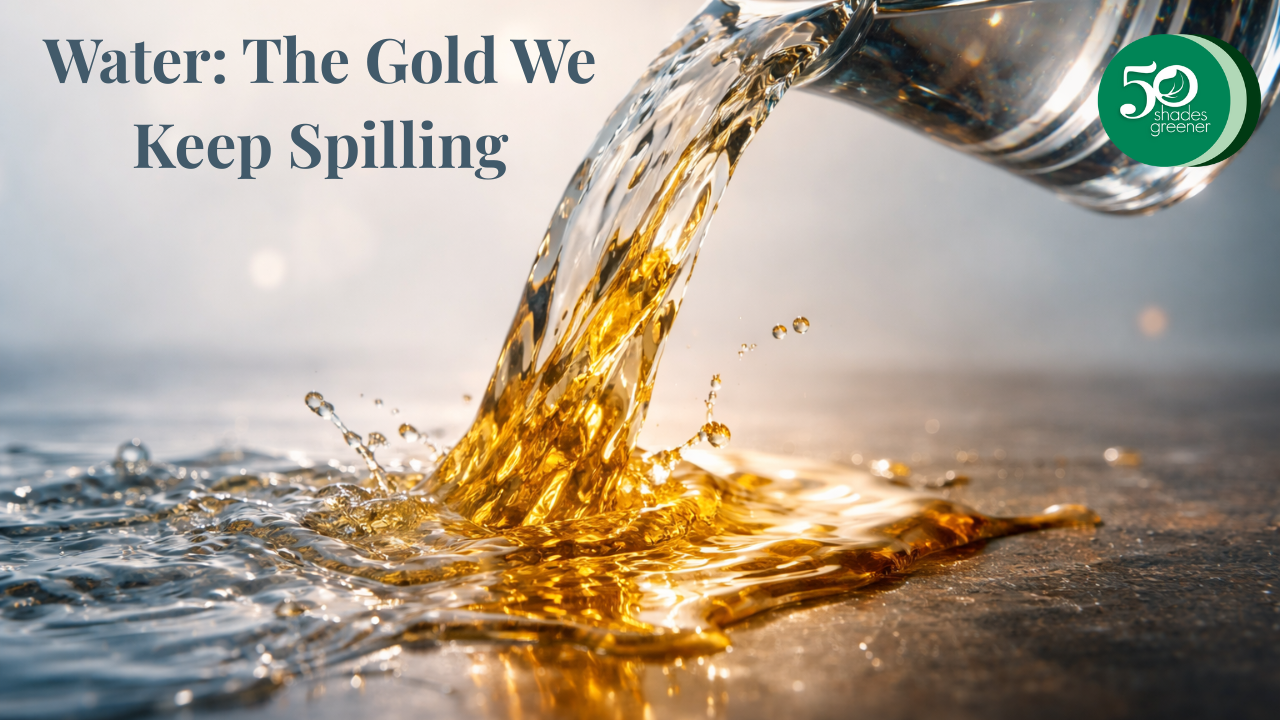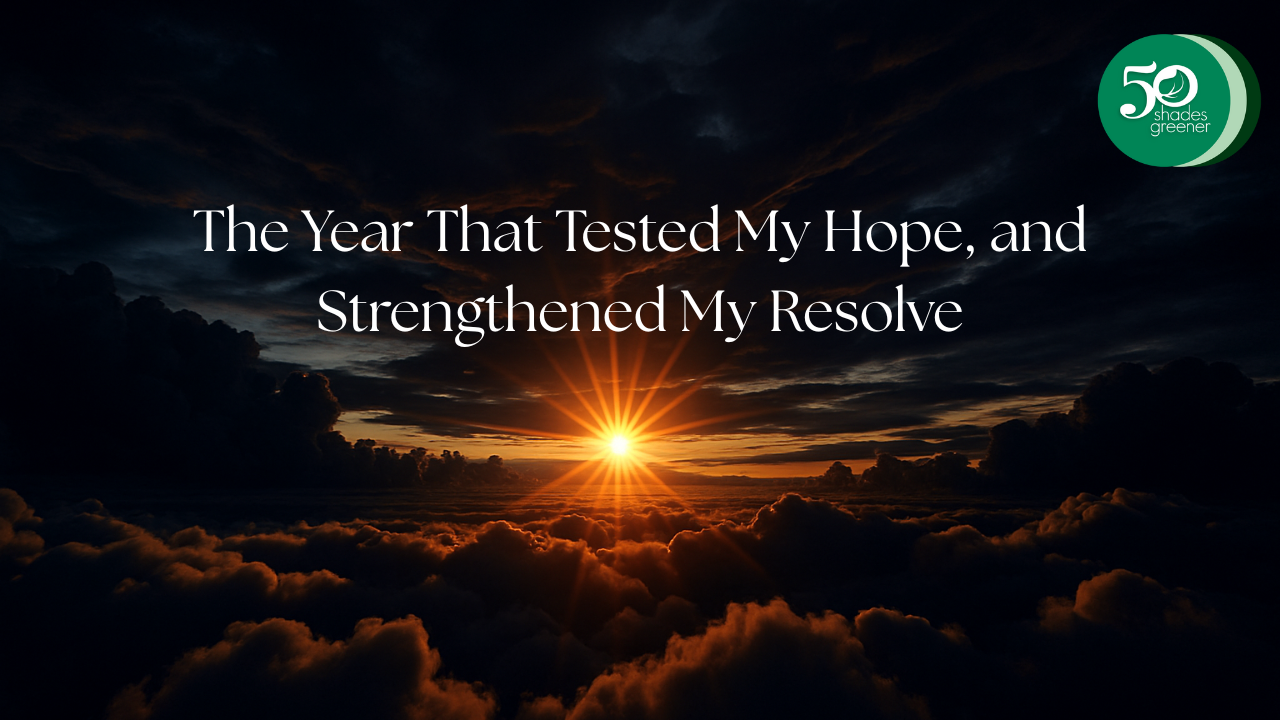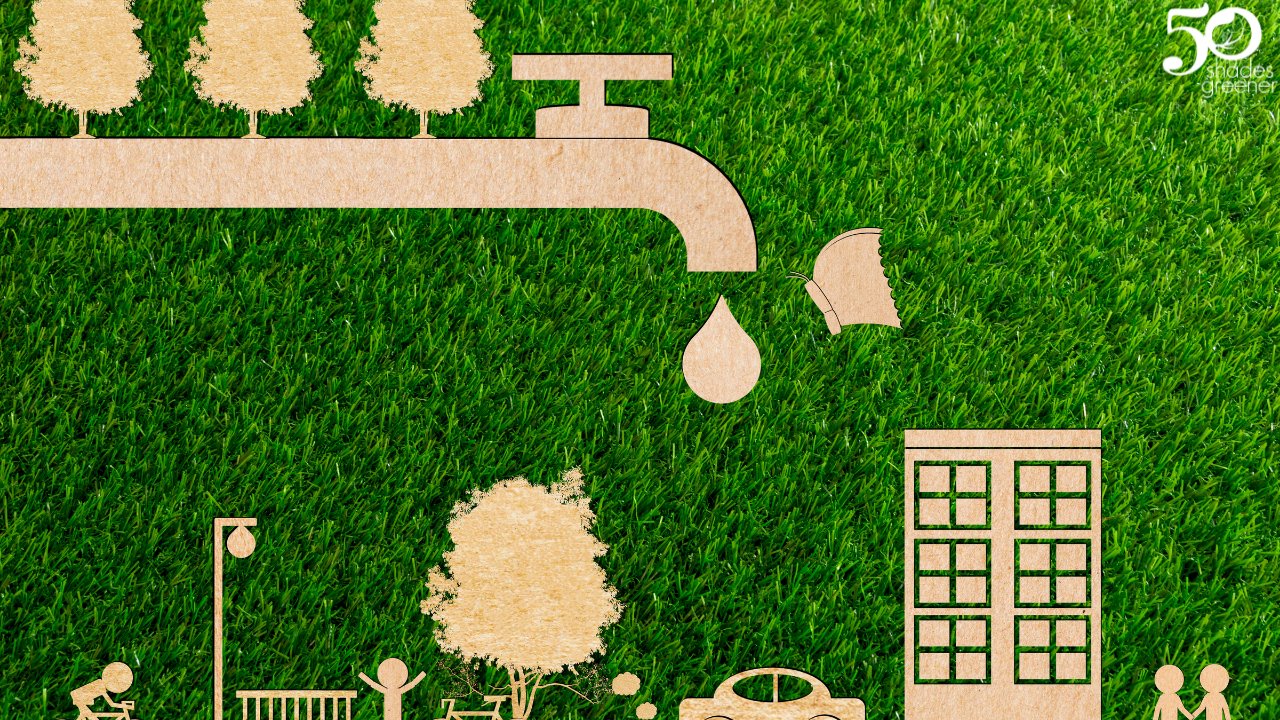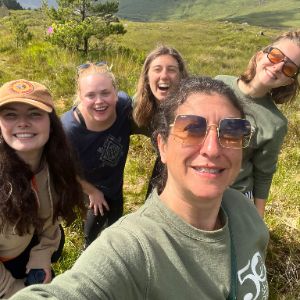Water is one of the world’s most precious natural resources, so precious that without it, humanity wouldn’t just struggle… we simply wouldn’t exist. We all know this, of course. We learned it in school, we watch it in documentaries, and we say it out loud when we’re trying to sound deep and philosop...
A Year of Shifting Balance: Breakdown and Resilience
As 2025 draws to a close, I find myself reflecting on a year that has been both deeply sobering and unexpectedly illuminating. Professionally and personally, this year has strengthened my belief that humanity stands at an inflection point. On one...
We have to face it, global warming isn’t just a distant threat for our children’s children to worry about. It’s here and accelerating. Despite vague (half-hearted at best) efforts to reduce carbon emissions, the climate is shifting already. That means that climate adaptation, alongside mitigation, i...
TL;DR
2024 was the hottest year on record, surpassing the 1.5°C global warming threshold
Climate change impacts are intensifying globally: heatwaves, floods, droughts, and biodiversity loss
Education for Sustainable Development (ESD) is key to climate action and resilience
ESD
...
I am an advocate for taking personal responsibility when it comes to environmental sustainability.
Every individual choice and action we take has consequences.
Take, for instance, our use of water. There is a perception that it is an abundant natural resource, however, it is limited. Of the 70%...
I am blessed that because of my job, I get to work alongside secondary school students but also the hospitality industry workers, through our Hospitality programmes.
As an educator, I've always been aware of my own shortcomings. With English being my second language, I've always felt my languag...
Last week I was invited to speak at the Hospitality & Tourism Expo organized by the Restaurants Association of Ireland.
When I finished my presentation the audience and I had an opportunity for a quick Q&A, with one questions coming up several times:
How can I get my team to engage with Green Acti...
Human’s relationship with food is a theme that has haunted me for the past couple of years.
Why such a strong reaction do you ask? Primarily because I feel that our relationship with food and our current systems to produce it and feed the population are disconnected and broken, causing major degrad...
The Irish Times has published an article titled:
Food & Drink companies facing mandatory emission targets.
The article starts by saying:
“All major Irish food and drinks companies will in future have to commit to reducing carbon emissions if they are to be part of Origin Green – the national s...
Last month, we were delighted to officially launch our environmental education programme for secondary schools here in Ireland.
Since the launch, we have been lucky to engage with these students and create a space where we encourage them to ask us anything that may be causing anxiety in regards to ...
Last week I saw the amazing Clover Hogan, a young climate activist from Australia give a TEDTalk
The link to her talk is on this week's written blog on our website, I encourage you to watch it - it's fantastic!
“Climate change is not your responsibility, because it is outside your control, but w...
First of all a very HAPPY NEW YEAR to you all!
I hope 2021 is kinder to all of us than 2020 has been...
As we all delve into New Year’s resolutions, I wanted to start my year talking about a country I admire and have followed the progress of for a few years now - Costa Rica.
This blog, is a littl...






